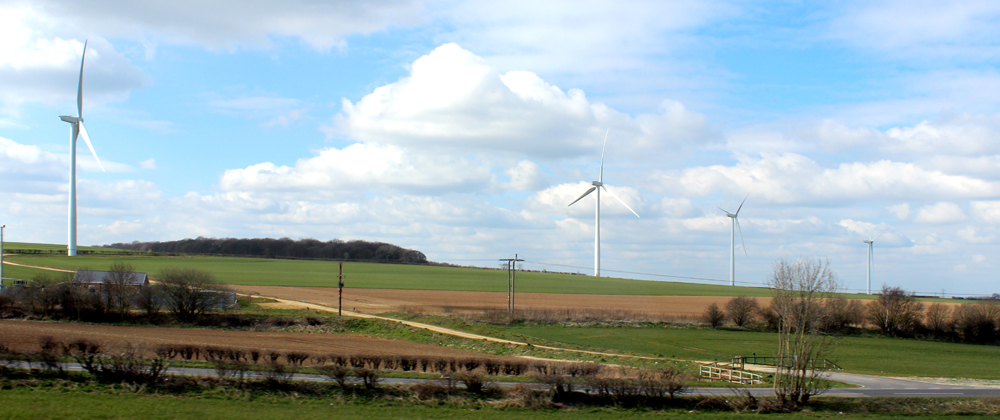Routes to Diagnosis now includes 10 years’ worth of data, covering more than 3 million cancer cases, making it the most comprehensive dataset of its kind in the world.
The data shows a dramatic improvement in the way some cancers are being diagnosed across England, but also pinpoints areas where improvements could still be made.
Key findings from the latest Routes to Diagnosis data include:
- diagnoses from emergency presentations, where outcomes are the worst, have improved falling from 24% to 20% between 2006 to 2015
- diagnoses through urgent GP referrals – 2 week waits – have increased significantly from 25% in 2005 to 37% in 2015, meaning that around 110,000 cases are now diagnosed this way
- diagnoses of pancreatic cancer through emergency presentation – with the very worst outcomes – has fallen by 6%, a significant drop
- diagnoses of colorectal cancers through the national bowel screening programme – the route with the best survival rate – remain under 10%
- the number of cancer cases diagnosed in Accident and Emergency varies across the country , ranging from 8% of all cases in the Peninsular Cancer Alliance to 20% of all cases in the London Cancer Alliance – this is despite similar cancer incidence levels
This latest update includes a new interactive tool which, for the first time, shows trends in cancer diagnosis for 53 different types of cancer. By using the tool doctors and managers will be able to quickly and easily see the differences between cancers and understand where survival rates are improving.
Dr Jem Rashbass, Cancer Lead at Public Health England said:
Diagnosing cancer earlier is one of the most important ways to improve cancer survival and we know that those patients who have their cancer diagnosed as an emergency have poorer outcomes. In England we have pioneered the analysis of routes to diagnosis data which allows us to highlight where we are making an impact and where challenges still remain.
Health Minister Steve Brine said:
With cancer survival rates at a record high it’s imperative that we continue to see a greater awareness of the signs and symptoms of cancer.
These figures demonstrate that our healthcare professionals are making a real difference by giving patients quicker referrals so they can access the best treatment available.
Sir Harpal Kumar, Cancer Research UK’s chief executive, said:
The earlier cancer is detected, the greater the chance that treatment will be successful. This Routes to Diagnosis data is an invaluable tool to see how we can diagnose cancer earlier.
We’re pleased to see that the proportion of people who are diagnosed as an emergency has fallen, but with 40,000 cancers still diagnosed in A&E each year in England we know that more improvement is needed.
The main reason the number of cancer diagnoses are increasing is because people are living longer and risk is of developing cancer increases with age. Lifestyle factors, such as the increase in obesity over the last few decades have also contributed to the rise in cases.
Case study
Earlier diagnosis leads to more successful treatment, so this data also highlights the importance of our cancer screening programmes in detecting cancer early.
Julia was diagnosed with stage 2a cervical cancer after her GP quickly referred her as a 2 week wait following post-coital bleeding; however she knows that it would have been detected earlier if she had attended her routine cervical screening appointments.
Julia Tugwell, cervical cancer survivor said:
I believe that if a GP or other healthcare professional had questioned me directly about my lack of screening attendance, over many years, I would have been more likely to have attended.
The new data shows that 3-year survival for cervical cancer following a screening diagnosis is 95%, compared to 65% when picked up through the 2 week wait – when symptoms might indicate a later stage cancer.
Background
- National Cancer Registration and Analysis Service (NCRAS) is part of Public Health England and works to drive improvements in standards of cancer care and clinical outcomes by improving and using the information collected about cancer patients for analysis, publication and research.
- Routes to Diagnosis groups patients into 1 of 8 routes:
- screen detected
- emergency presentation
- 2 week wait
-
GP referral
- other outpatient
- inpatient elective
- death certificate only
- unknown
Public Health England exists to protect and improve the nation’s health and wellbeing, and reduce health inequalities. It does this through world-class science, knowledge and intelligence, advocacy, partnerships and the delivery of specialist public health services. PHE is an operationally autonomous executive agency of the Department of Health. Twitter: @PHE_uk, Facebook: www.facebook.com/PublicHealthEngland.
